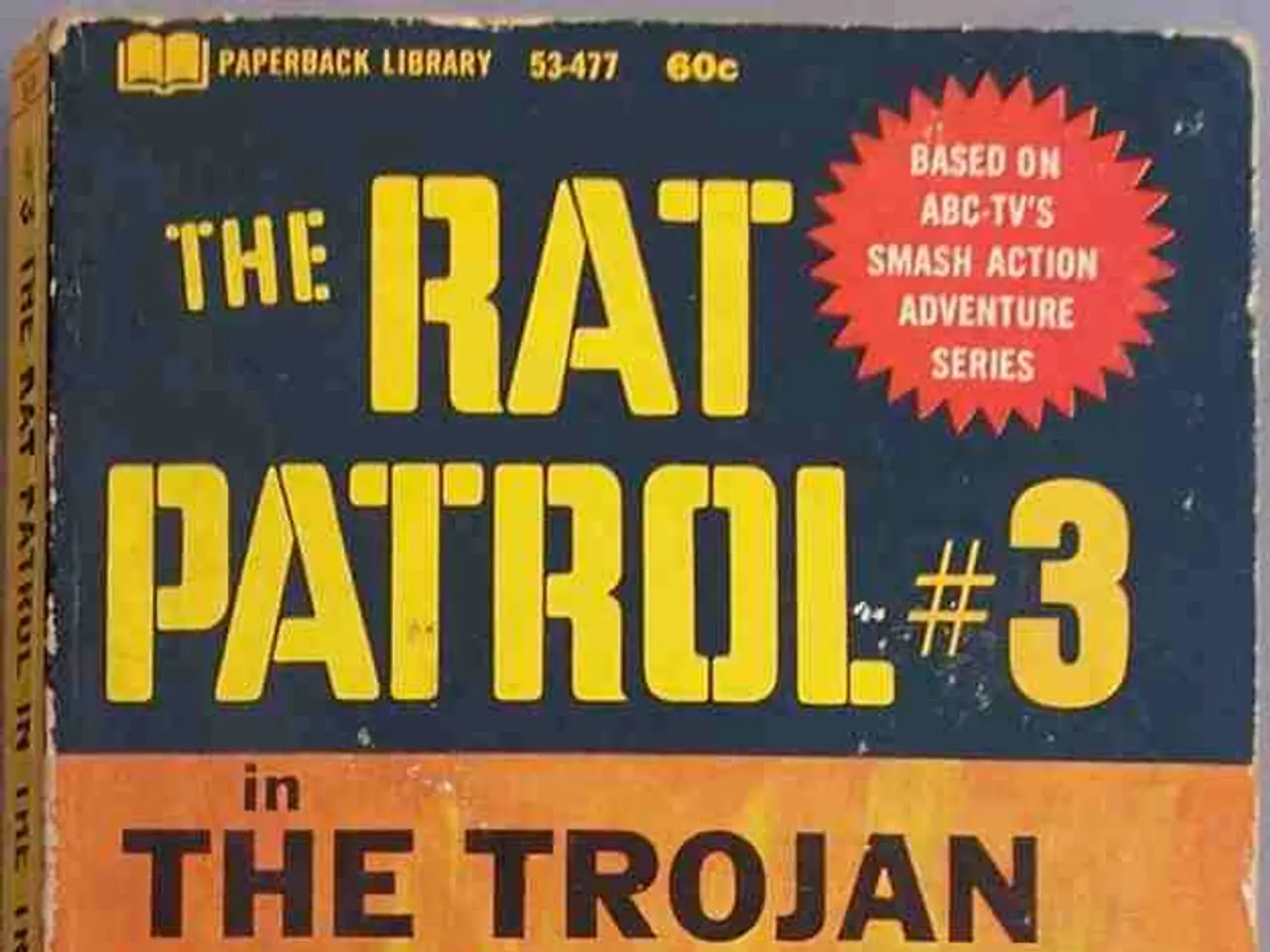Thai Military Denounces Cambodia, Promises to Protect Itself Following Violation of Truce
The Thailand-Cambodia border conflict, which erupted in July 2025, continues to persist despite an "immediate and unconditional ceasefire" agreement declared late last month. The ceasefire, while necessary, has proven to be insufficient in ensuring a lasting resolution, with sporadic skirmishes still occurring.
The conflict, rooted in historical disputes over colonial-era border demarcations and cultural heritage sites, has escalated sharply since July, with intense clashes involving gunfire, artillery, rockets, and airstrikes. These clashes have resulted in significant casualties and displacement of civilians, affecting both countries [1][3].
The ceasefire agreement, jointly agreed upon by the governments of Thailand and Cambodia, was aimed at promoting peace and strengthened cooperation. However, the Royal Thai Armed Forces (RTARF) has accused Cambodia of violating this agreement, with reports of continued attacks into Thai territory at multiple locations [2]. Maj Gen Vithai Laithomya, spokesperson for the Royal Thai Armed Forces Headquarters, made this statement on Tuesday, July 29.
The alleged ceasefire violations by Cambodia could potentially lead to regional instability. Diplomatic relations between the two countries have deteriorated, with both recalling ambassadors. The Association of Southeast Asian Nations (ASEAN), under Malaysia's chair, and the United Nations Security Council have called for a ceasefire [1].
The RTARF has asserted its right to self-defence under international law to protect national sovereignty and the Thai people. The conflict has deep personal and political rivalries between leaders, further exacerbating tensions [1][2][3].
International actors, including the US, have expressed concern and called for de-escalation [4]. The RTARF has reaffirmed its commitment to maintaining peace and stability in the region. Enforcement of the ceasefire primarily depends on the two adversaries, making it a tenuous situation [3].
As of August 2025, the border conflict remains a deeply entrenched and volatile issue with no immediate resolution in sight. The ceasefire agreement is seen as a necessary but insufficient step towards a lasting resolution [1][3].
The tensions between Thailand and Cambodia, rooted in historical disputes and escalated by recent clashes, have caused international concern, with the UN Security Council and ASEAN calling for a ceasefire. These incidents have led to regional instability, deteriorating diplomatic relations and increasing personal and political rivalries between leaders.
The ceasefire agreement, meant to promote peace and strengthened cooperation, has been compromised by alleged violations from Cambodia, potentially resulting in extensive damage to the region's international business, war-and-conflicts, politics, and general-news landscape. The Royal Thai Armed Forces (RTARF) is challenging Cambodia's actions in the name of self-defence under international law to protect national sovereignty and the Thai people.







